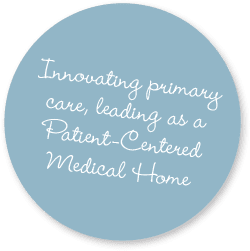August is National Immunization Awareness Month and DFD wants to highlight the importance of vaccination for people of all ages. Vaccines help prevent dangerous and sometimes deadly diseases.
How does a vaccine work?
Vaccines are made from the same germs that cause disease, but the germs in the vaccines are either killed or weakened so they won’t make you sick. Once the vaccine is injected into your body, your immune system reacts to the vaccine by making antibodies. The antibodies destroy the vaccine germs, and then stay in your body, giving you immunity if you are ever exposed to the real disease. The antibodies are there to protect you!
Why are vaccines important?
Diseases like polio are becoming very rare in the U.S. because we have been vaccinating against them. However, vaccine-preventable diseases such as whooping cough and measles are still a threat and continue to infect U.S. children—resulting in hospitalizations and deaths each year. The spread of dangerous diseases happen when children who aren’t vaccinated spread disease to other children who are too young to be vaccinated or to people with weakened immune systems.
Check out these new videos from the National Vaccine Program Office and learn how vaccines can keep you and the people you love stay healthy.



